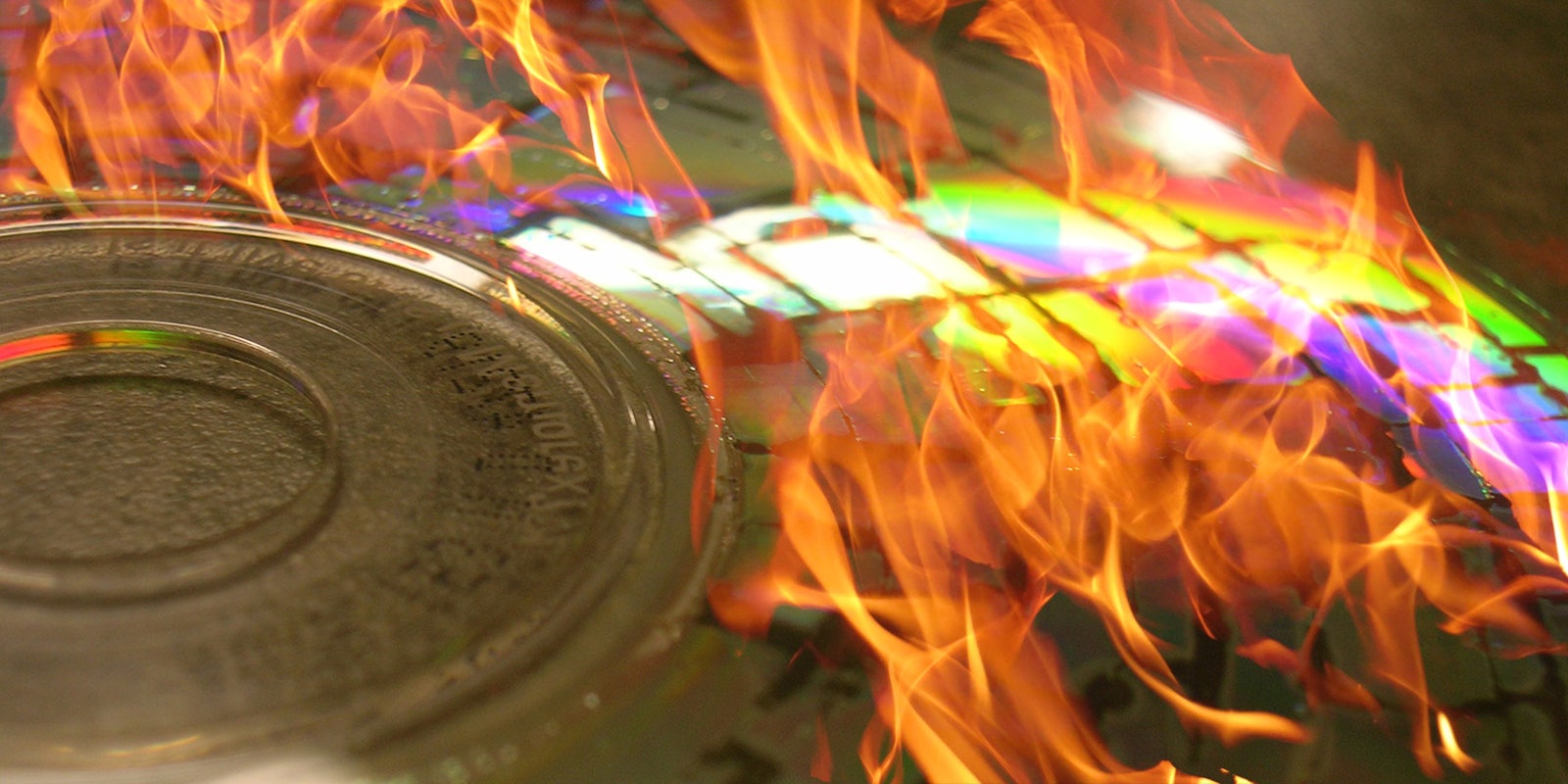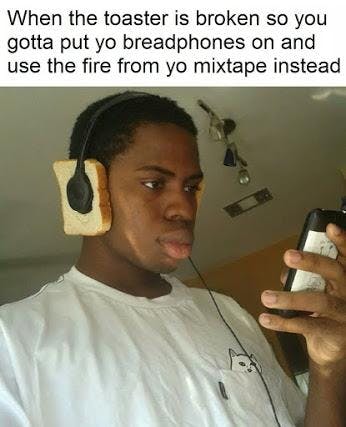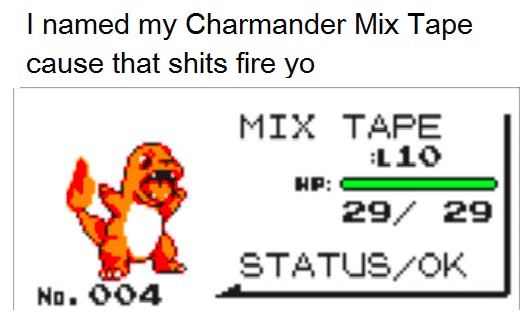Self-promote or die: That’s the ethos of artists today. The Internet has neutralized establishment gatekeepers, sure, but also wide swaths of the professional agenting and public relations class. It’s left creatives to wage guerrilla marketing campaigns on their own behalf. Writers tweet. Painters put their work on Tumblr. And rappers have to push mixtapes.
https://twitter.com/insta_comedy/status/582723157741694976
#ThingsJesusNeverSaid buy my mixtape it's available on PayPal pic.twitter.com/AUKkOnpair
— DS (@Dan_RS47) April 2, 2015
When you're on live television but you still gotta promote your fire new mixtape. pic.twitter.com/fyebfBaLLn
— Brakethroo (@Brakethroo) April 1, 2015
the fire mixtape is the new great american novel
— lord crunkington III 🇵🇭🍉 (@postcrunk) April 3, 2015
This is the extension of a real-world phenomenon. Walking around any large city, you might be approached by a stranger who wants to give you a “free” CD of their music and asks for a significant “donation” in return. But somewhere along the line, the Internet spin on the practice, which typically involves a link to a sparse and low-rent SoundCloud page, took on a life all its own. “Check out my mixtape, fam, it’s fire,” became an in-joke about our society of narcissism and half-assedness. Everyone has a mixtape, and most of them really suck.
https://twitter.com/RUINER/status/486352319026847744
With just a few words (or bars), the meme captures so much of what it means to exist online.
Know Your Meme identifies the tweet above as a turning point, the moment we collectively acknowledged, with considerable irony, the hopelessness of trying to launch a hip-hop career from scratch. (That a handful of rap idols have done so only reinforces the core delusion of the mixtape game.) Since then, people have embraced the literalist gloss on “my mixtape is fire” for tweets and vines of increasing absurdity. In these narratives, the DIY mixtape—so often maligned, unheard, and discarded—is now an object of great and dangerous power.
https://vine.co/v/O0DEvzQgOU0
https://twitter.com/UrbanEngIish/status/565657180012298242
https://vine.co/v/Ow9PDXMjjLx
https://twitter.com/NoChillLeek/status/510976876605865985
https://vine.co/v/OTu6LedJZwV
https://twitter.com/MUHFUGGINJKELLS/status/581405456532434944
https://vine.co/v/OxjWg5VluaI
https://vine.co/v/O3KKKX5hiHd
Other hip-hop fans prefer to skewer the elaborate and occasionally inappropriate ways in which a rapper might attempt to force their beats on the world. There’s no ruse too shady, no bait-and-switch too cruel, no social event too somber to interrupt with a hustle.
https://vine.co/v/OdQHwgqqjmg
https://vine.co/v/MePmQpHH1zw
https://vine.co/v/On7iTi2xzKB
https://twitter.com/sawzaw2/status/530808019022790656
https://vine.co/v/OpTtrhUYtpi
https://vine.co/v/OjzbebJLiwi
Finally, some seek to point out the aggressive mediocrity of the mixtape form itself, and the unglamorous circumstances of those trying to break into a competitive music scene. A recurring gag holds that even established icons (Santa, for example), are struggling rappers on the side.
https://vine.co/v/O6uUpKvmHjh
https://vine.co/v/OMrIJraOvrw
https://vine.co/v/Or1HDPFhQBZ
https://vine.co/v/Ogdh59Qnteq
https://vine.co/v/MYQqx1KpK5D
With just a few words (or bars), the meme captures so much of what it means to exist online—remix culture and appropriation, niche communities, hyperbole versus rock-bottom expectations, the struggle for identity or voice in a sea of sameness—that we wouldn’t be surprised to see it flourish for months to come. Which means you can expect a lot more amateur freestyling, aggrandizement, and maybe a whiff of fatigue.
A school near me is on fire and I only found out by seeing a joke about a mixtape. Life is good here in 2015.
— FaZe Bloo (@FaZeBloo) April 2, 2015
Photos via Pete/Flickr (CC BY 2.0), Brian Turner/Flickr (CC BY 2.0) | Remix by Jason Reed


